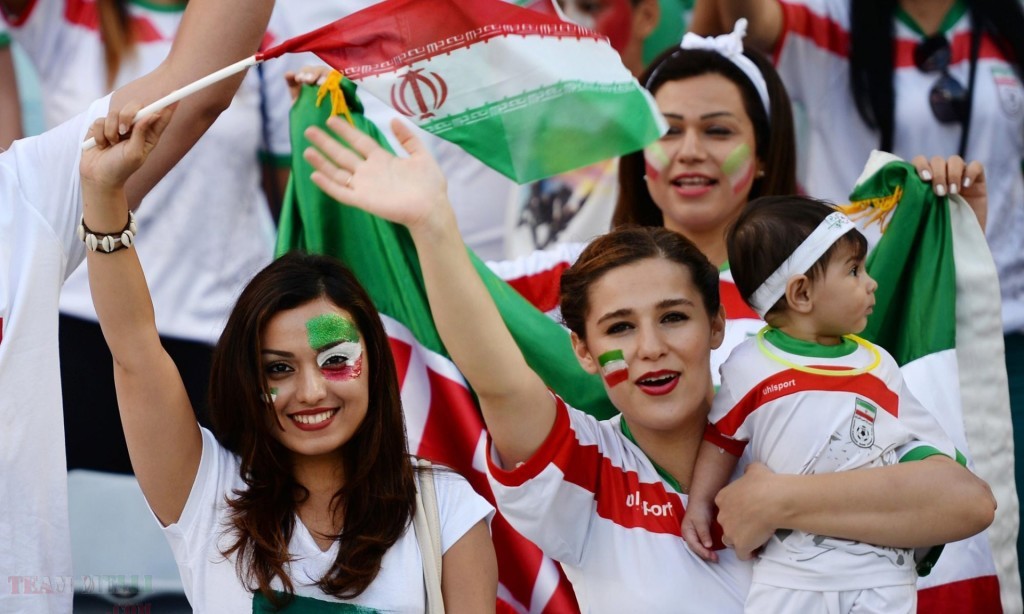After several newspapers reported that the government has finally allowed women to enter stadiums, an official of the Ministry of Interior , quickly squashed that as rumors and announced that the country’s Higher Security Council has not discussed or changed the law that prohibits women attending sporting functions as spectators in stadiums or sport arenas in Iran.
Deenparast , the public relations spokesperson of the Ministry of Interior, in brief notice to all the Iranian media, stressed upon the local media to seek information from the official channels and warned against spreading news that are not originated from the Ministry of Interior through his office.
Iran is one of the very few countries in the world that bans females from attending sports events in the stadia. Saudi Arabia is the other country, where women are banned from virtually any social activities in the vicinity of men.
Unlike Saudi Arabia, however, Iran has a strong women athletes community who are allowed to participate in most of the sports. There several Iranian World Class sportswomen. Many have won gold medals and honors for the country at international levels. The Iranian women are allowed to compete in international events outside the country where there is no gender restriction in attending sporting events, which means that males can watch the Iranian athletes competing in games such martial arts , shooting, football , volleyball. Yet if any such woman champion tries to attend a basketball, football or a volleyball match, she is denied entry and sent home.
There were cases of females attending matches under disguise who were caught and tried for unlawful activities !
The women in the stadium phobia by Iranian authorities is even affecting live television of Team Melli matches. None of these matches played outside Iran and in particular in western countries , are actually televised live. There are always 15 seconds or more delay in transmission to allow the directors to cut all scenes of Iranian women in the stadiums , deemed not appropriately dressed which normally means that their hair is not covered. The other reason for the delayed transmission is to prevent the appearance of opposition groups holding political banners or slogans from appearing on the TV screens in Iranian household.


![Iran fans Melbourne Jan15.jpg [2]](https://www.teammelli.com/wp-content/uploads/2015/01/Iran-fans-Melbourne-Jan15.jpg-2-1024x666.jpg)